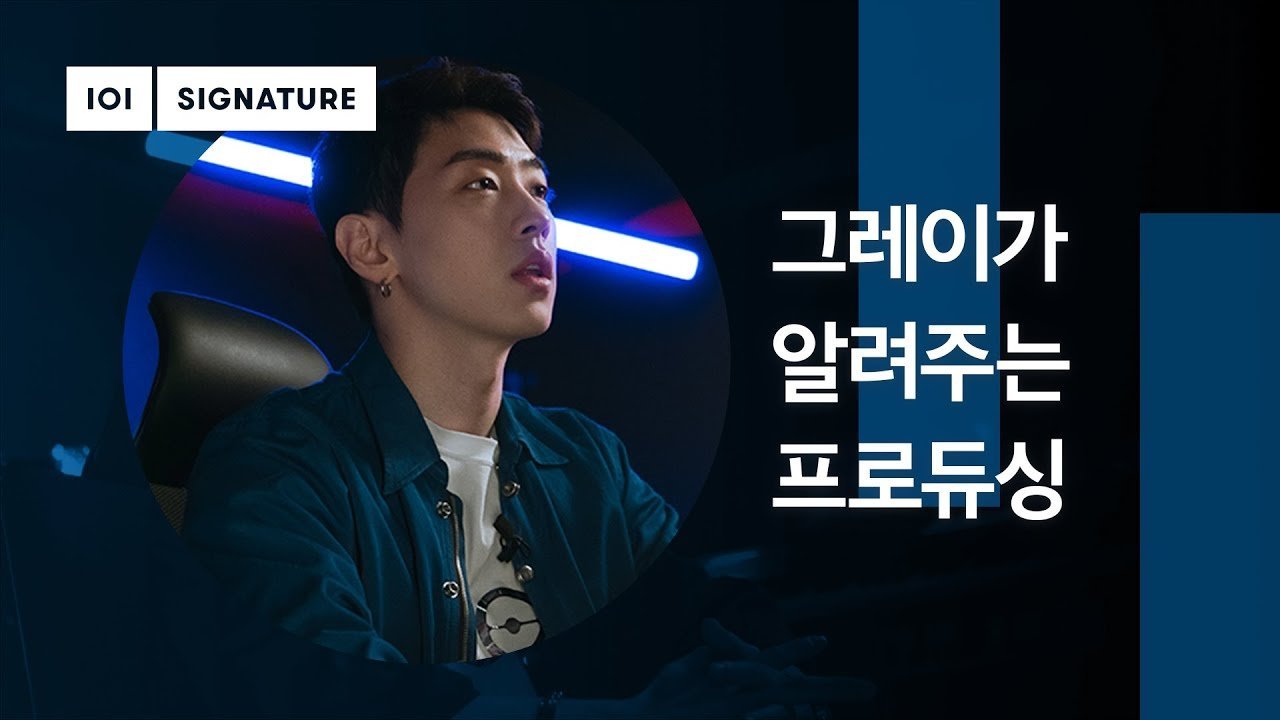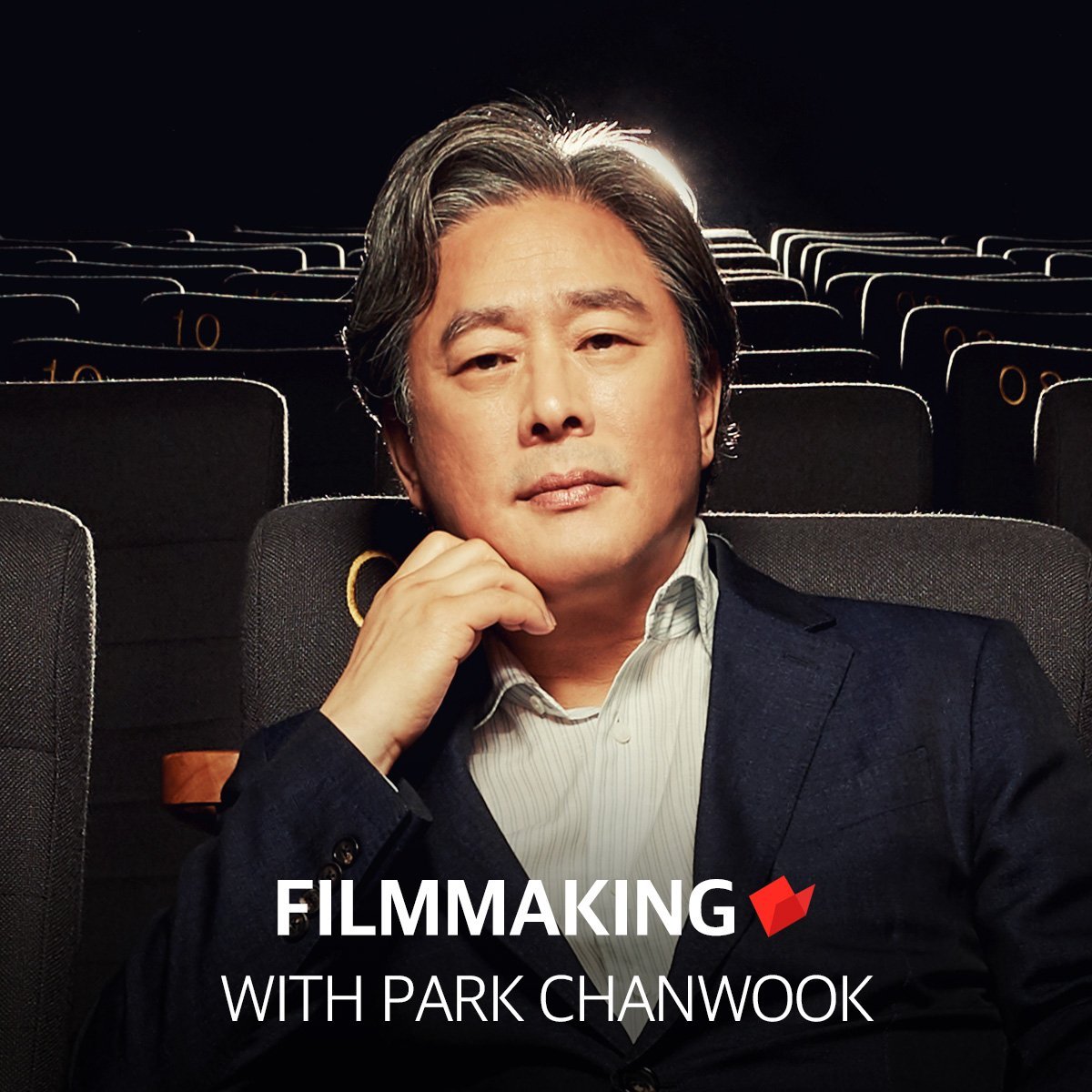 |
Hip-hop music producer Gray teaches a class on music producing. (Class 101) |
While students around the world cope with online schooling in the COVID-19 pandemic era, digital learning for adults is having its moment in South Korea.
Online learning has been an emerging trend in recent years, but the pandemic has accelerated its growth. Best suited to those already comfortable with the digital world, mostly people in their 20s and 30s, classes normally consist of 20 to 30 lectures under 10 minutes long.
“Taking cooking classes after work was a great joy for me. However, with the COVID-19 crisis, it became uncomfortable to attend those classes,” said Shin Yoon-jeong, an office worker in her early 30s.
“Instead, I have been taking online classes. It is actually kind of better than I expected, learning new recipes in the comfort of my own kitchen,” she said. “Also, I don’t have to run to class after work or miss classes if something comes up,” she said.
In the past, online classes were limited to test preparation -- for example, for the standardized Test of English as a Foreign Language and Test of English for International Communication, which measure proficiency in English, or for high school exams.
 |
Renowned director Park Chan-wook offers filmmaking lectures on Vible. (Vible) |
But local digital learning platforms Coloso, Class 101, Wonderwall and Vible, among others, mostly created by startups, are quickly expanding the cyber learning market. In the raging pandemic era, they are offering “premium internet classes,” with diverse curriculums encompassing subjects from drawing and acting to filmmaking and music producing.
Prices differ, but for most classes they range from 100,000 won to 300,000 won ($92-$275). For those who prefer to experience different classes, some platforms operate on subscription models.
The classes target adults who are hoping to start “the second act” of their lives by training for new professions, as well as those who would simply like to enhance their leisure activities, like Shin.
According to Class 101, a major digital learning platform founded by graduates of the Ulsan National Institute of Science and Technology, it currently has more than 1.8 million active users across its some 1,000 classes.
To have an edge in the market, Class 101 provides users with class kits, shipping the necessary materials.
Another platform, Vible, launched by former TV producer Yeo Woon-hyuk, features classes conducted by celebrities, such as songwriter Kim Eana, makeup artist Jung Saem-mool and theater actor Jung Sung-hwa.
Some platforms offer communication with instructors, allowing users to ask lecturers questions on the platform. Instructors can come up with new classes, reflecting users’ requests.
The online education market is expected to continue to grow as more people invest in self-improvement. Also, the introduction of the 52-hour maximum workweek has enabled more workers to pursue leisure activities after work.
According to the Korea Educational Development Institute, participation in lifelong education by Korean adults has grown steadily over the years, from 26.4 percent of adults in 2008 to 30.2 percent in 2013 and 42.8 percent in 2018.
By Im Eun-byel (
silverstar@heraldcorp.com)









